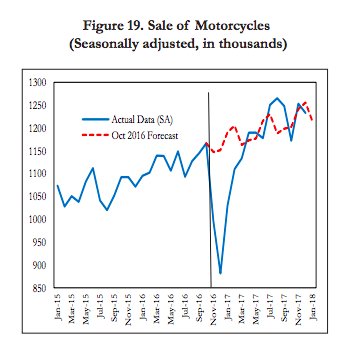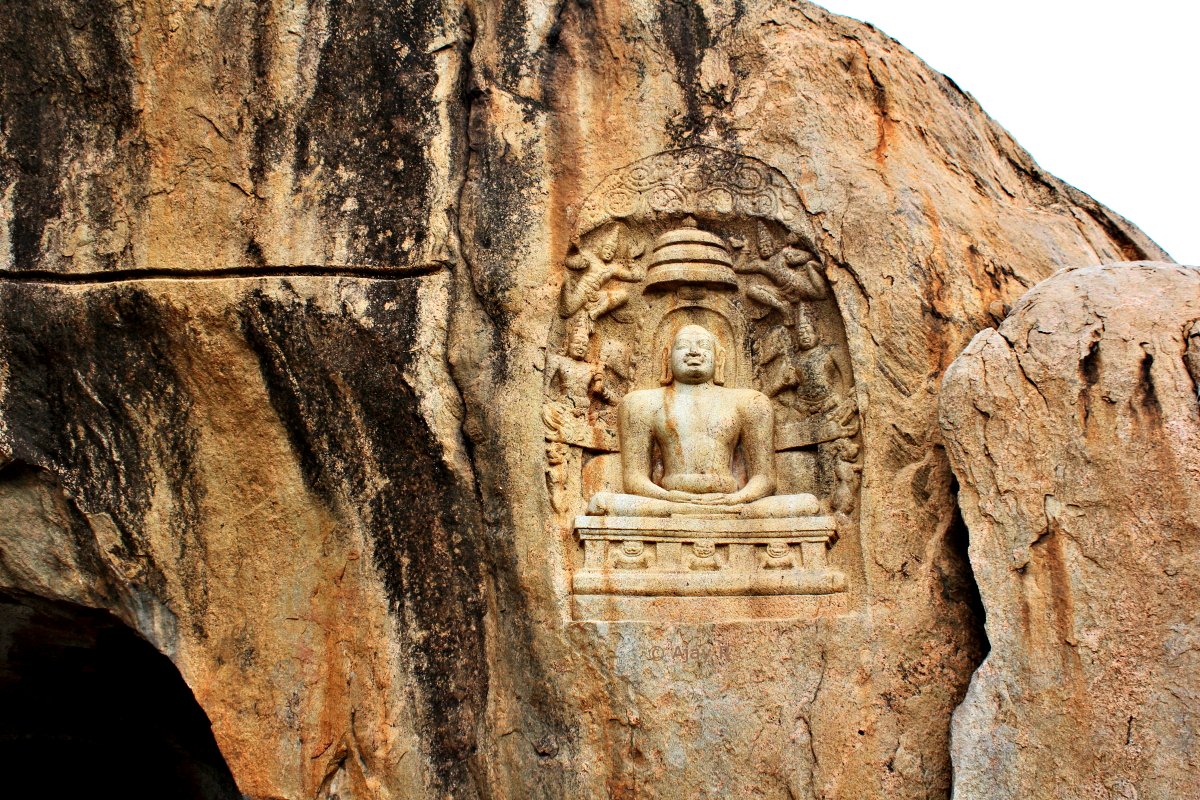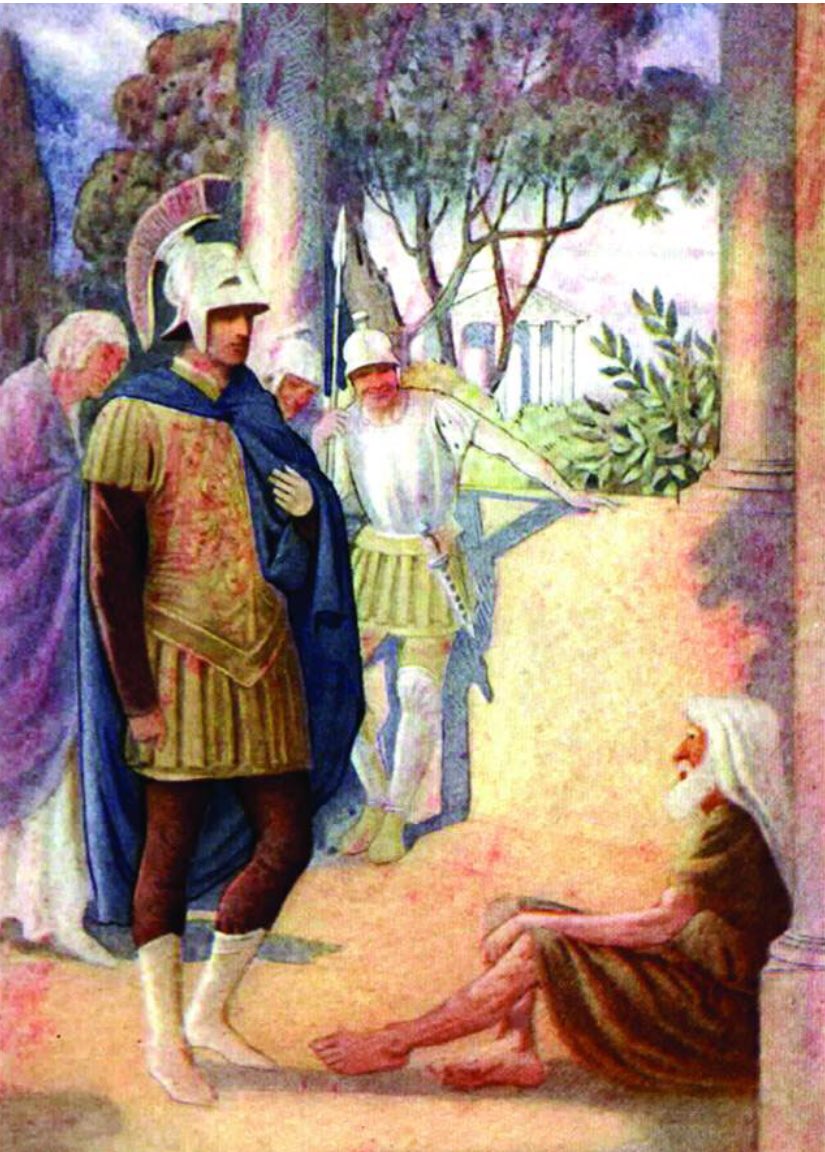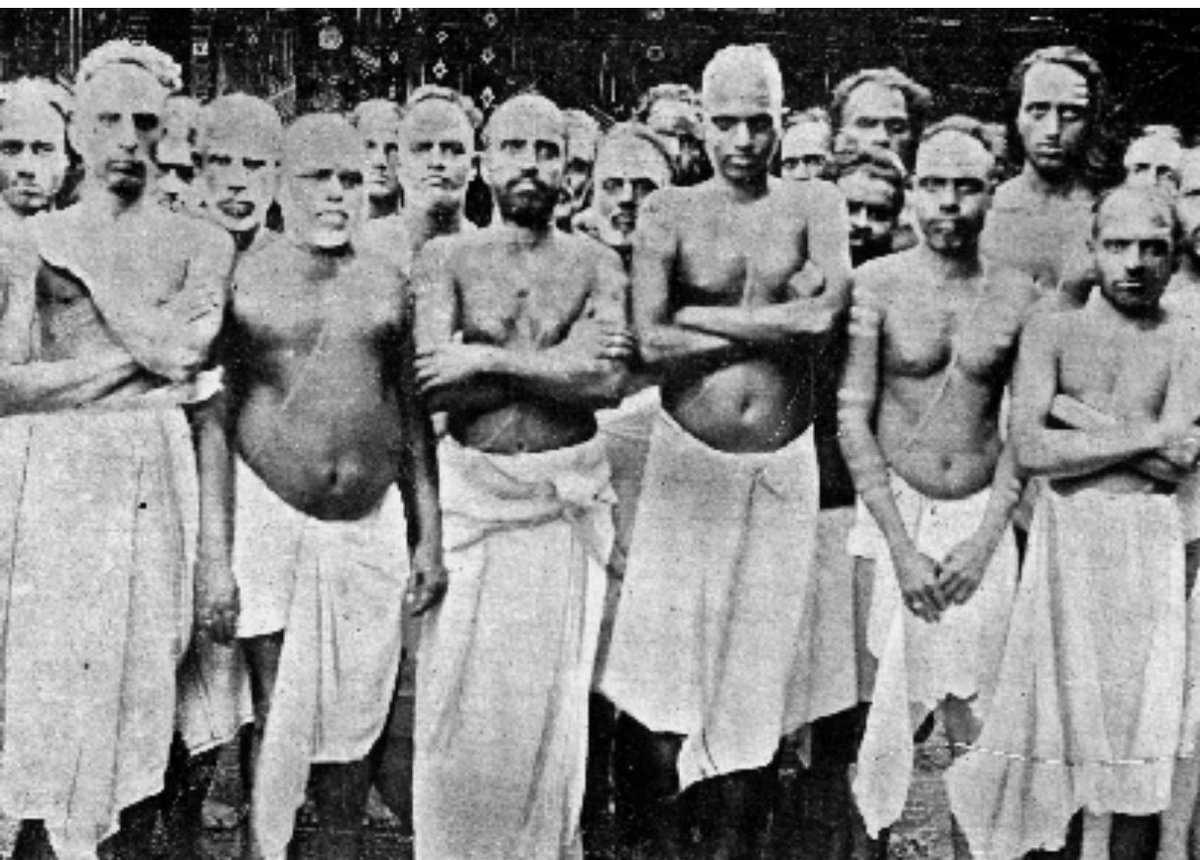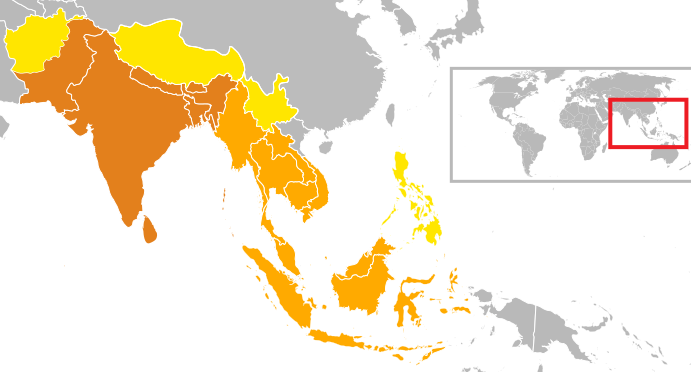a) What explains the ability of Vaishnavism (especially krSNa Bhakti) to make inroads among foreigners? (ranging from Heliodorus and Kushans in the pre-Common Era to Tulsi Gabbard in 21st cen)?
c) Is Vaishnavism the sole bearer of the burden in ensuring a global footprint for Hinduism? Given that the orthodox Smartha outlook looks askance at conversions / religious expansionism
However Vaishnavism is also populist. And many of its strands have a theologically exclusive streak.
Are these two streaks in Indian religion deeply incompatible. Or merely complementary to each other. I see it as the latter.
But then this raises the bogey of sectarianism and a narrow outlook to which Vaishnavites (including Sri-Vaishnavites) are particularly vulnerable
Much of the smArtha establishment has come to terms with it - look at how Bhagavad Gita has now become the pre-eminent Vedanta text even among non vaishnavites in our times
An excessive focus on the Vaishnavite way may result in Hinduism becoming something unrecognizable.
We already see that with the unease among many Hindus w.r.t Gaudiyas and ISKCON in particular.
Perhaps the unease is warranted
Point taken. But it is Vaishnavism which has retained its influence for far longer as compared to other sectarian Hindu movements

